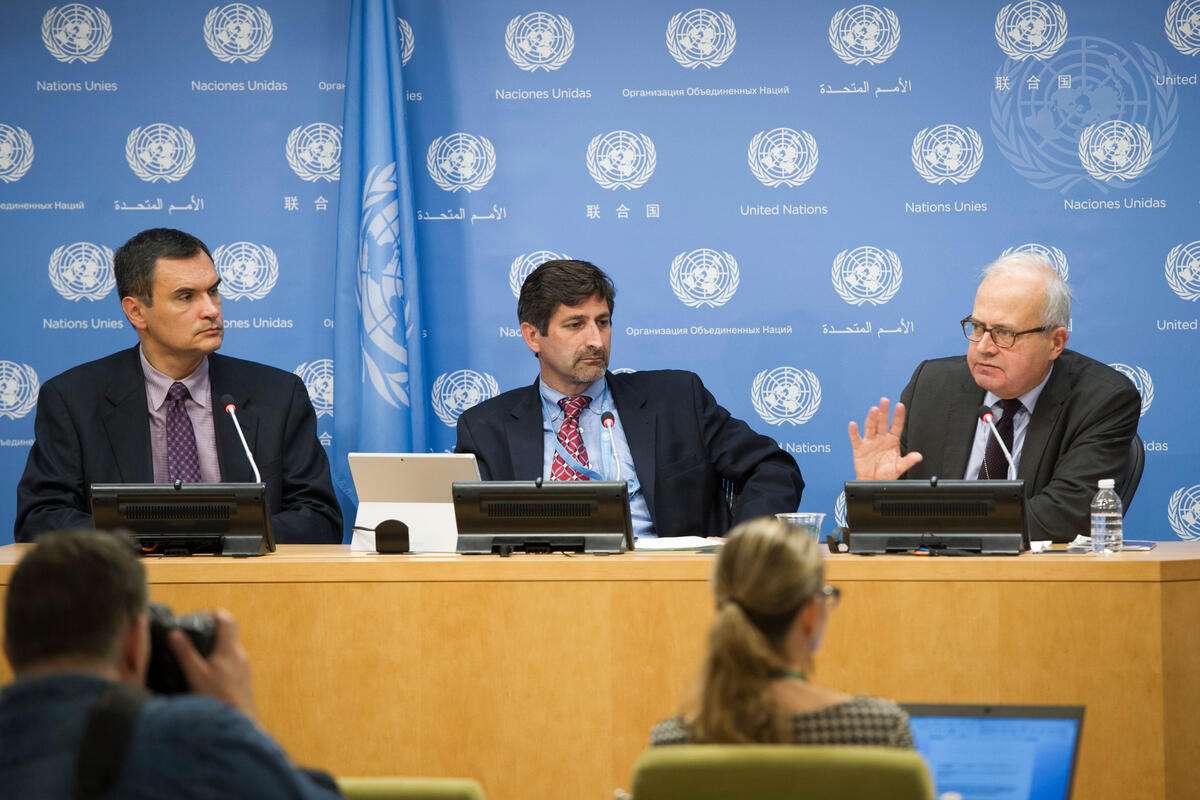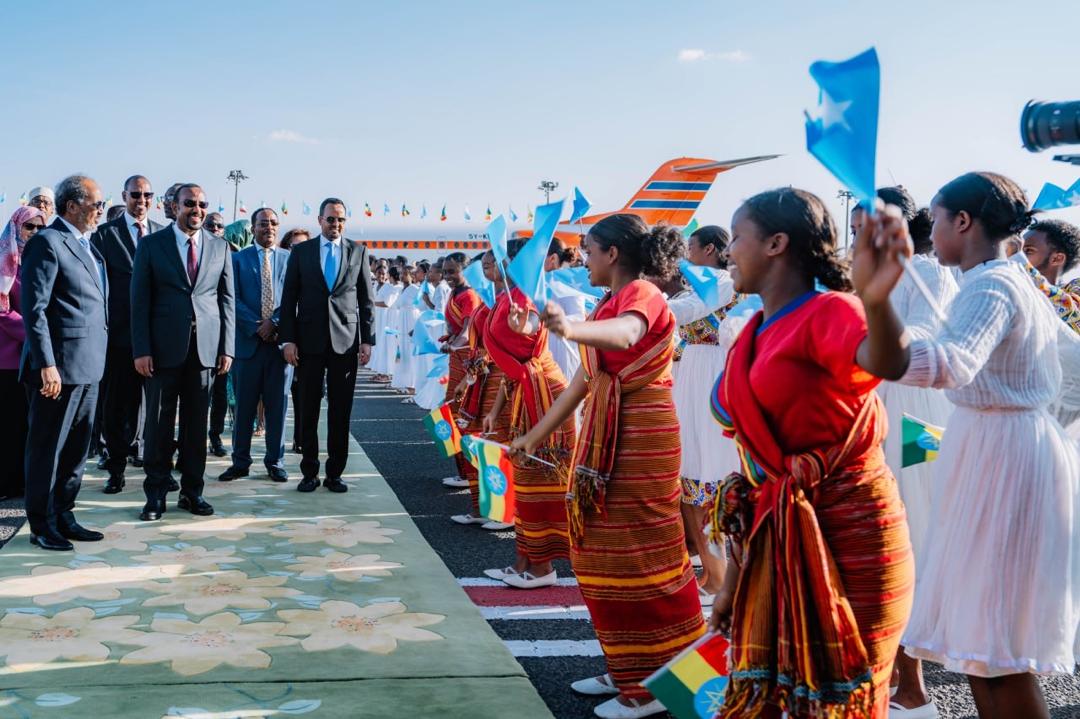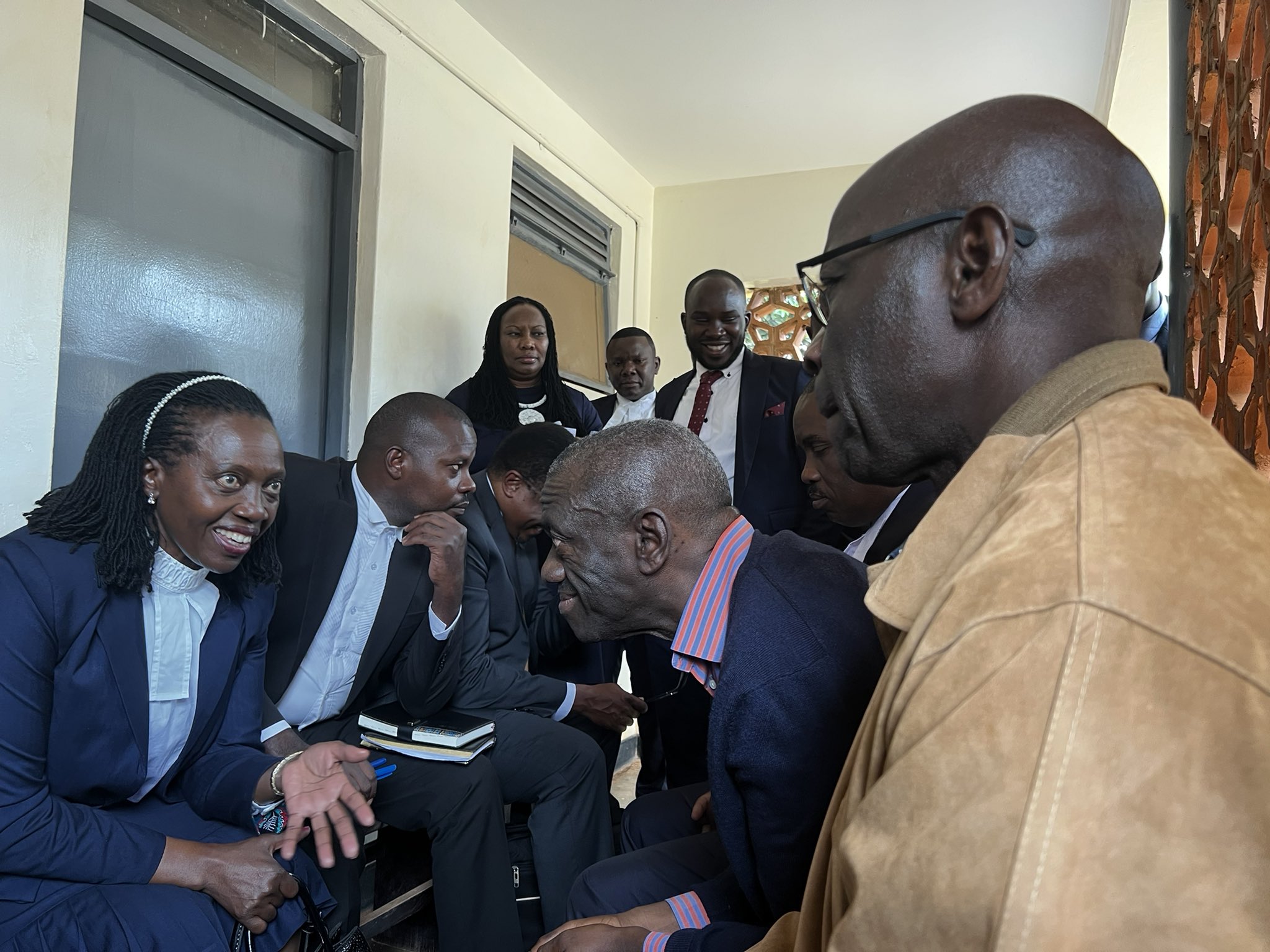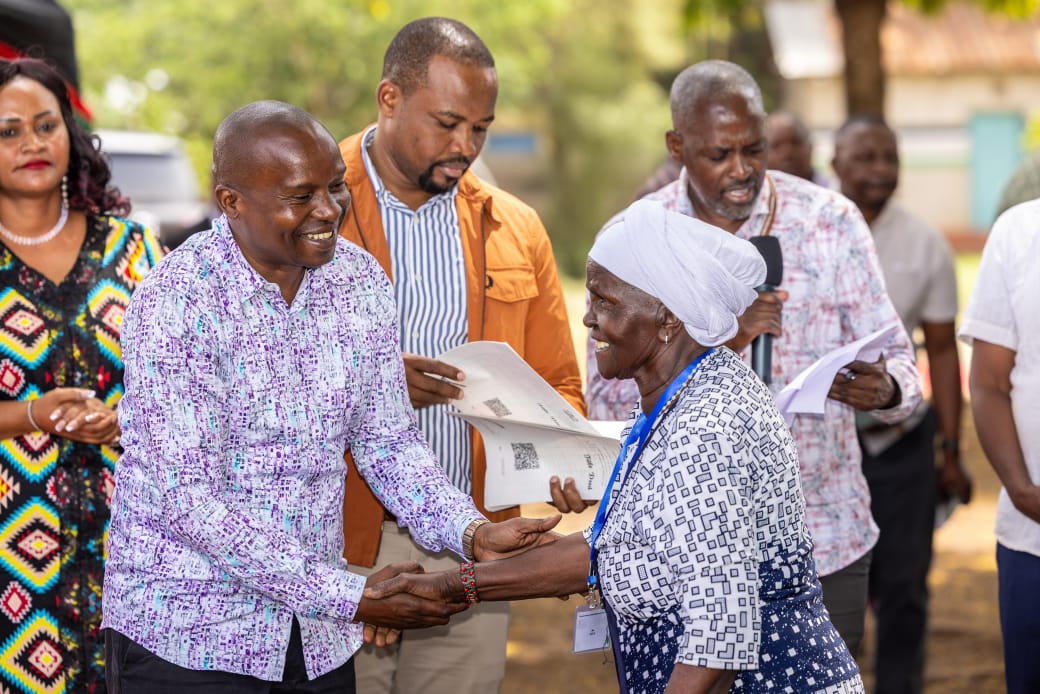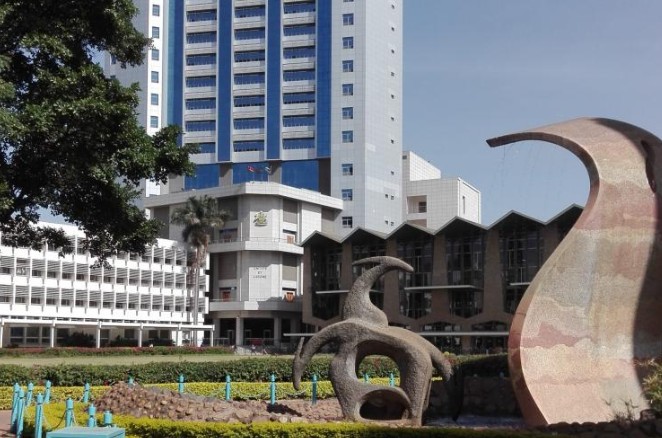Lamu’s Bajuni artisans take pride in preserving age-old handicraft tradition
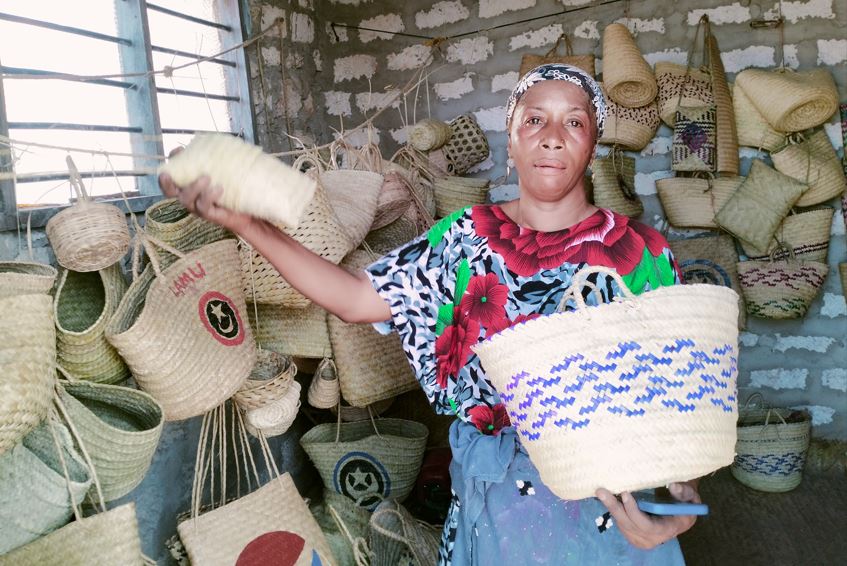
The village is also renowned for fishing, with a rich history in dhow building and repairs across the archipelago.
“We inherited basketry, mat weaving, and dhow building, among other craftsmanship, from our forefathers. We cannot do away with these skills as they represent our culture and heritage. They are, in fact, a form of identity for us as the Bajuni community in Matondoni.”
These were the words of Swabra Musa, 41, a native Bajuni from Matondoni, a small village located on the western side of Lamu Island.
More To Read
Matondoni is among the three villages within Lamu Island, with the others being Shela and Kipungani.
For centuries, Matondoni, a village that is home to over 2,000 people, all of whom are Swahili Muslims of Bajuni origin, has been famous for traditional handicrafts such as straw mats and baskets made from palm leaves and ropes made from fibre extracted from coconut husks.
It is also renowned for fishing, with a rich history in dhow building and repairs across the archipelago.
Most of the products, particularly the mats and baskets, are always sold in Lamu Old Town and Shella, with some exported to other counties and even outside Kenya. The woven products are mostly made by women.
In an interview with The Eastleigh Voice, Swabra noted that among the initial and crucial responsibilities that children born and raised in Matondoni are taught is the art of weaving, dhow building among others.
He said Matondoni natives can be easily identified through possession or exhibition of such ancient skills.
“Mwacha mila ni mtumwa (those who abandon their culture become slaves of foreign cultures),” Swabra said as she welcomed us to the village.
She said had they not embraced the skills passed on by their forefathers, Matondoni would not be known for the rich traditional handicrafts that it is known for today.
“Had we opted to turn a blind eye to the traditional or artisanal craftsmanship being passed on from one generation to the other, truly, Matondoni people would today have become enslaved by whichever culture we would have embraced,” said Swabra.
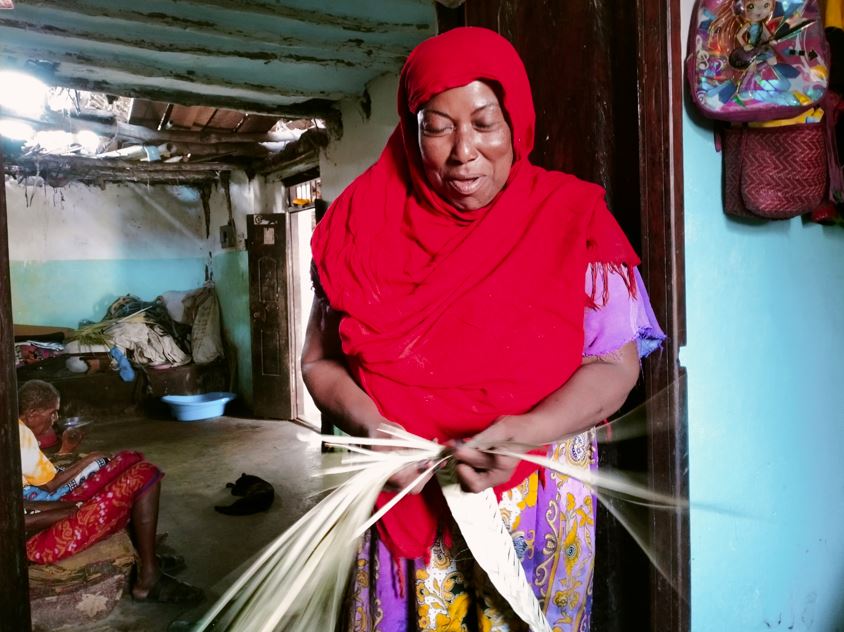 Nyee Yusuf weaves a rope in Matondoni Village. (Photo: Farhiya Hussein)
Nyee Yusuf weaves a rope in Matondoni Village. (Photo: Farhiya Hussein)
Cultural diversity
But why are these people of Matondoni still stuck in their traditions despite the world moving on as technology quickly advances?
Nyee Yusuf, 46, another renowned weaver in Matondoni, said that preserving local crafts or the traditional skills and techniques as they do is important as it helps to maintain and celebrate cultural diversity.
“As Bajuni natives from Matondoni, we feel rich and unique as a community just by possessing these skills. They are a source of income for us. Once you weave and sell a mat or a basket, you get something to sustain the family,” Nyee said.
She added that during events like the famous Lamu Cultural Festival, Matondoni people always showcase these traditional practices to guests and tourists. This helps them generate income.
“Preserving these artisanal or local handicraft has helped us to sustain local economies. These skills provide both income and employment opportunities for us as artisans and the Matondoni community at large,” she said.
She said that for instance, a mat sold locally can fetch between Sh800 and Sh1,500, depending on its design and size.
“Having these skills has greatly contributed to sustainable development and poverty reduction,” she said.
On her part, Nuru Ali explained that the reason for their continued reverence of local crafts is to ensure that traditional knowledge and skills are not lost in the face of globalisation and mass production.
She observed that the world today is faced with the challenges of global warming, plastic pollution, and general climate change.
“All this is because manufacturers rush to use materials that aren’t environmentally friendly. However, as the traditional artisans here, we consider ourselves environmental sustainability promoters. We encourage using locally sourced materials like palm leaves, hence reducing the carbon footprint associated with long-distance transportation,” said Nuru.
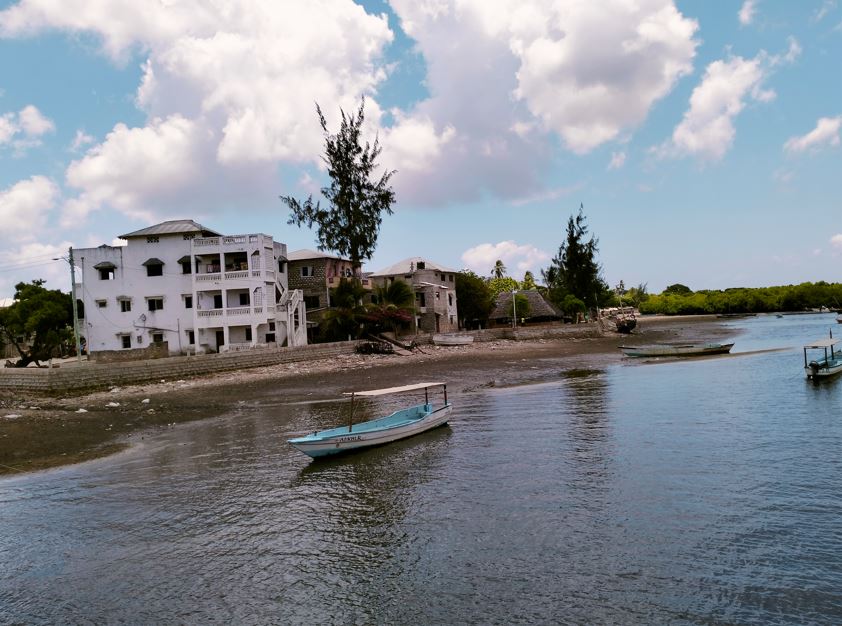 A view of a section of Matondoni village. (Photo: Farhiya Hussein)
A view of a section of Matondoni village. (Photo: Farhiya Hussein)
Bwana Haji, 60, a dhow builder and repairman who has been in the industry for over 40 years, is a happy man.
He acquired the skills from his grandfather Bwana Mohamed Haji who was a renowned dhow and boat builder in Matondoni and the entire Lamu.
Apart from basket and mat weaving, Matondoni village is also known as the best place to visit if you want to see dhows being built. It is famous for making some of the finest dhows in the world.
Bwana said that 20 years ago, business was good and it enabled him to get enough income to educate all his five children.
Low business
Today, however, the business is low, especially with the increasing use of speedboats which has pushed down the general production of dhows.
“Production of dhows has been pushed aside for fibreglass speed boats. But as artisanal dhow builders, we’re still relevant in the industry as we manufacture fishing dhows. I feel proud having this ancient knowledge of dhow making,” said Bwana.
Omar Ramadhan, 55, on his part, said traditional crafts are often deeply embedded in communities and serve as a source of social cohesion. According to him, a weaver making traditional handicrafts fosters a sense of belonging, strengthens community ties, and enhances overall well-being.
“It provides opportunities for intergenerational knowledge transfer and encourages collaboration and cooperation among community members as is witnessed in our village,” Omar said.
Khadija Bakari, 50, appealed to both the county and national governments to intervene by ensuring traditional craftsmanship is not left to die.
“Without supporting these ancient crafts like dhow building or mats making and basketry, customs and traditions might die out. The handicrafts are crucial as they are part and parcel of our history and heritage. That’s why we are working hard to preserve such skills for future generations,” said Khadija.
Trending
